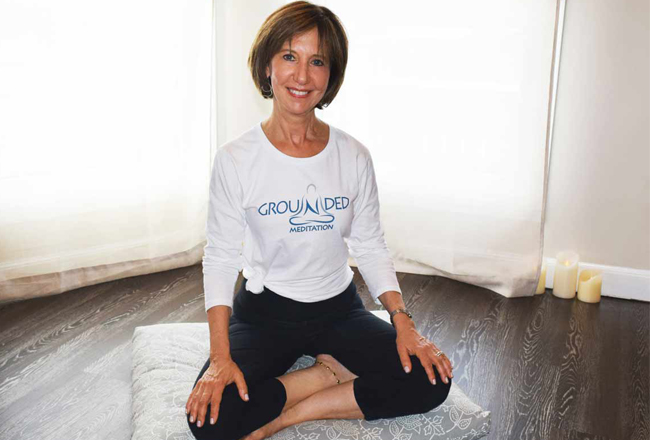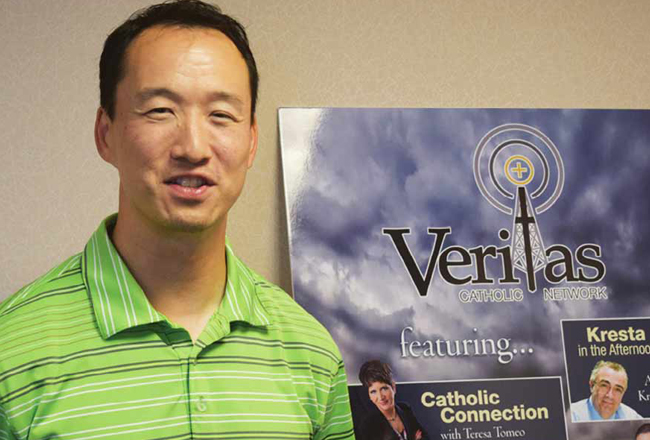
When Diane Nickelberg was planning to open a meditation center, she realized some of her prospective students were aware of the practice without actually knowing what it entailed.
“So many people hear about meditation but don”™t know how to get started,” she said. “Some people are intimidated by it. We”™re trying to dispel the myths that meditation is esoteric or mystical.”
Nickelberg opened Grounded Meditation within New Canaan”™s Pryority Wellness holistic health center in March, and she viewed her new business as a means to fill a local void.
“There are a lot of yoga studios and wellness programs in Connecticut, but there is no specific meditation studio,” she said. “And it is such an important part of overall wellness, so I thought the time was right.”
So, how does Nickelberg define meditation?
“The best way to describe it is an exercise of the mind to help quiet the mind, to help find a place of calmness and stillness and inner peace,” she explained. “If you think about it, we never really stop thinking ”” we are always connected to social media, our phones, TV ”” and meditation is one of the things that make us want to stop. We are always thinking of the future and dwelling on the past, and meditation helps us come back to the present. Every time a thought comes in to interrupt, you focus on your breath, notice it and let it go. When you sit without any external thing, it is completely foreign to us ”” it is something we never do.”
Nickelberg discovered the practice when she was 18 years old and took a class in transcendental meditation. But she admitted that she “got involved in so many other things” and forgot about what she learned, ultimately focusing on a legal career. She”™s run a New York City real estate law practice for nearly two decades, but her rediscovery of meditation 10 years ago while taking up yoga was a welcome reawakening.
“I have found meditation has created a balance in my life, because my job is so stressful and busy,” she said.
Nickelberg usually teaches meditation with her students sitting on cushions on the floor, although benches are available for those who can”™t make it easily on and off the floor. Her studio is decorated with buddhas, but she stated her approach to meditation “is not religious or spiritual.” She accommodates her lessons to the students”™ individual needs, offering different approaches to the practice for each person”™s distinctive requirements.
“There are meditations where you sit in silence for a long period of time,” she said. “In other meditation, you are guided by visualizing something, or you are repeating a word that is also known as a mantra.”
Nickelberg”™s class sizes range from three to 15 students, and she is operating on a four day per week summer schedule that will expand to five or six days in the autumn. She added that her classes are multigenerational, with students ranging from a 12-year-old to participants in their 70s.
Nickelberg is still running her legal practice while operating Grounded Meditation, although she hopes to “make the transition at one point of doing more of this and less of that.” Ultimately, she hopes to grow her new business and encourage more people to embrace meditation.
“Ideally, people should be meditating regularly,” she said, recommending a mix of at-home and, when applicable, in-class sessions. “Every day is ideal, but not everyone can do it in their schedule. It”™s like exercise. If you do one crunch, you won”™t get flat abs. It”™s like doing a curl for your mind.”




















